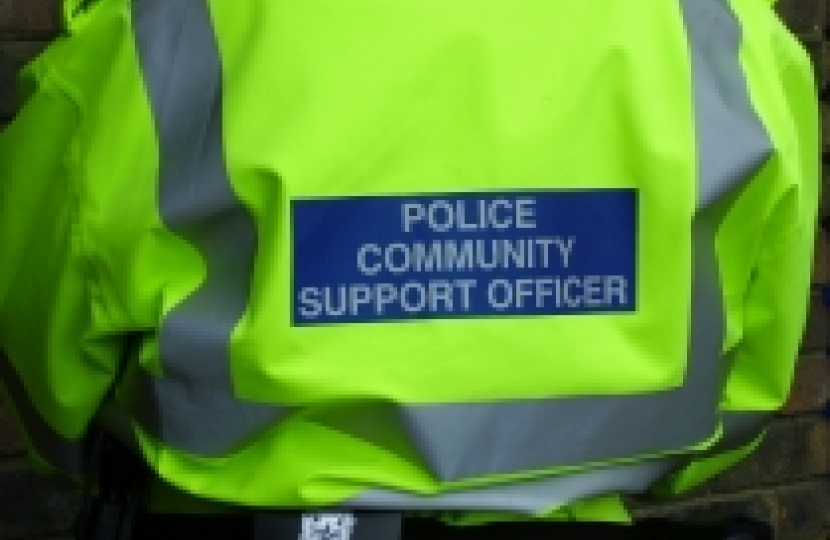
Derby Ward Conservative candidate David Sudworth has slammed the local Labour Group for voting against calls to give more powers to West Lancashire’s PCSOs.
David says the West Lancashire Labour Group’s vote against his campaign for extra discretionary powers for PCSOs during a meeting of Full Council last night (Wednesday) shows they are “soft on crime”.
David said:”My campaign is to give our local PCSOs more powers so they can work alongside Police Constables and, together, have the tools they need to keep our communities as safe as possible. I was hoping to get cross party support but after Wednesday night’s vote, many local residents will conclude that the Labour Group are not interested in making our communities safer otherwise they would voted with my Conservative colleagues to call for extra powers for our local PCSOs.
“I was surprised at Labour’s stance, after all it was a Labour Government which brought in PCSOs and legislated to allow them to have extra discretionary powers. The local Labour Group now appear to be condemning what their own Government did when it was in power.
“It is interesting to note though that Unison - a Labour-affiliated union - supports my campaign for more PCSO powers and the local branch which represents Lancashire PCSOs has indicated they want to work with my Conservative colleagues and I on this issue. If they can support it, then why can’t Labour?
“Labour’s refusal to support our campaign means they are backing a two-tier policing system which sees Constables having to be diverted from more serious incidents because they do not trust PCSOs their own Government brought in to use the extra powers their own MPs legislated for.
David concluded: “Labour are completely out of touch and isolated on this issue, which has support from trade unionists, councillors, PCSOs themselves and residents. After voting against more powers for PCSOs, Labour have shown themselves to be a party which is soft on crime.”
Lancashire Police PCSOs currently use just one out of 22 discretionary powers available to the Chief Constable. This means that 95% of powers have not been handed down by the Chief Constable to his frontline PCSOs.
In comparison, Greater Manchester Police’s PCSOs use 67% of discretionary powers available to them. This is causing a two tier policing service in places such as Sefton Avenue, Up Holland; half of which is in Lancashire and the other half of which is in Greater Manchester.
Among the 95% of discretionary powers which have not been issued in Lancashire include:
Power to issue penalty notices in respect of offences of disorder
Power to issue fixed penalty notices for truancy
Power to issue fixed penalty notices for excluded pupil found in a public place
Power to issue fixed penalty notices for graffiti and fly-posting
Power to disperse groups and remove persons under 16 to their place of residence
Power to use reasonable force to prevent a detained person making off
Power to remove truants from designated premises
Power to search for alcohol and tobacco
Power to serve closure notice for licensed premises persistently selling to children
